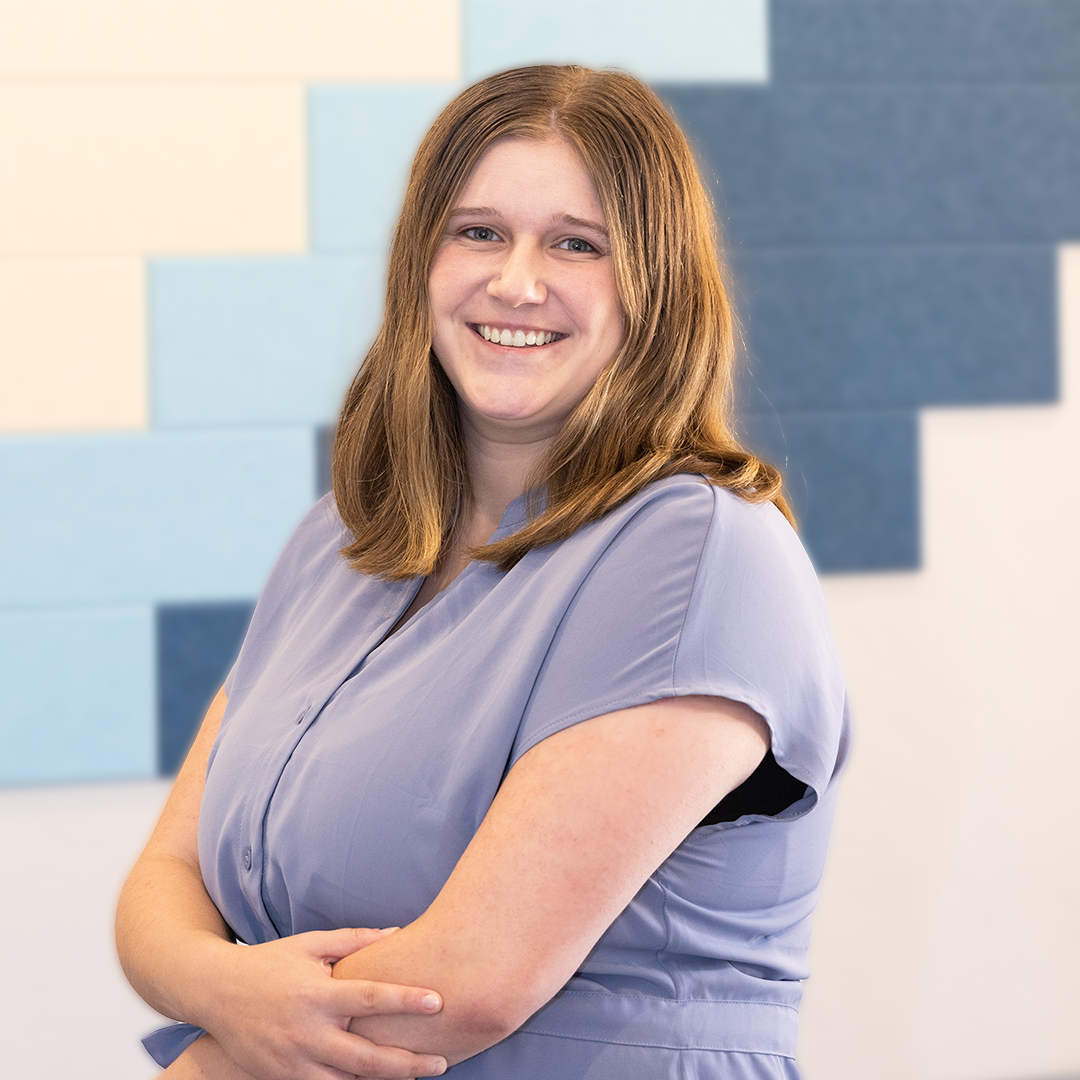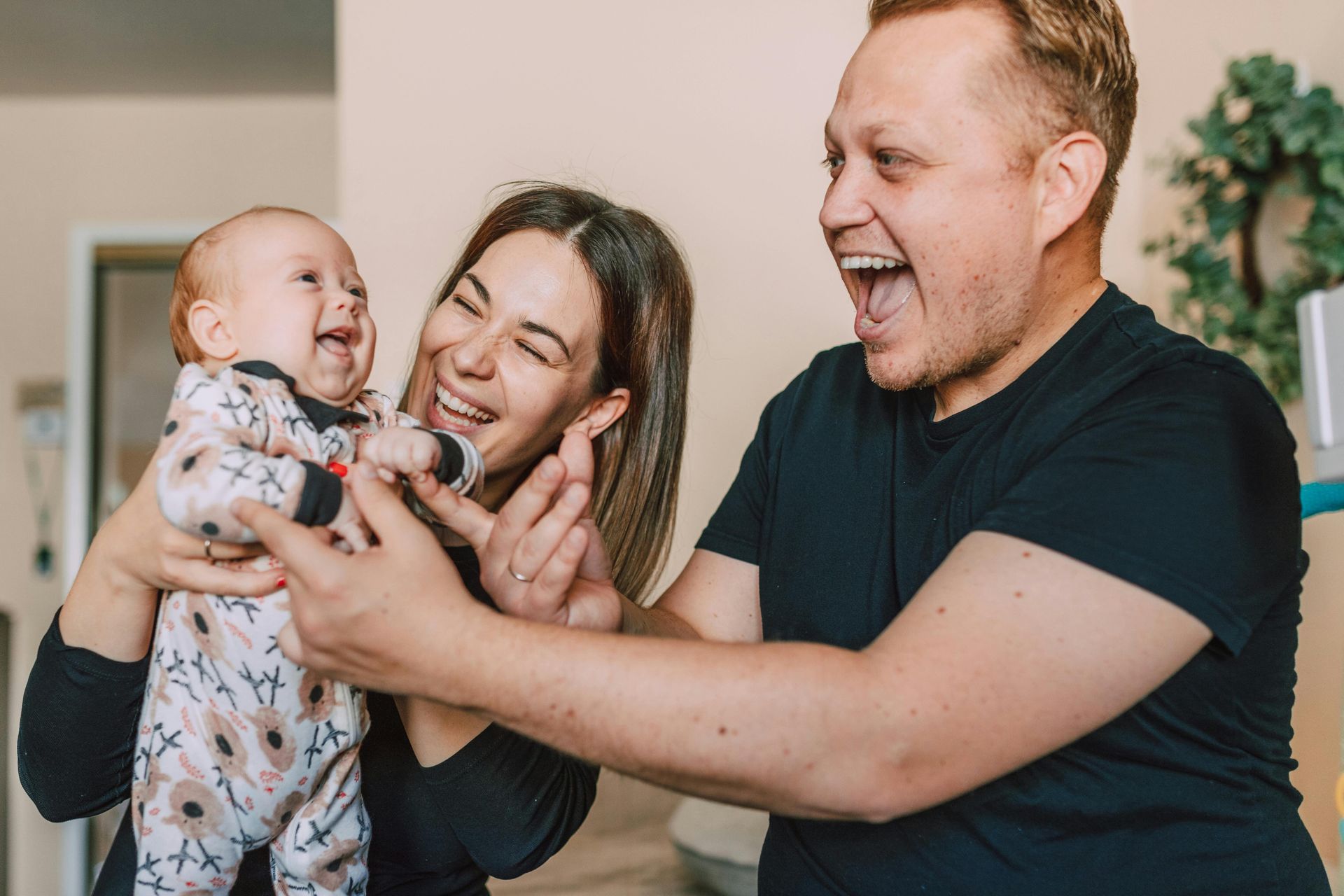Cherie Spellman: Welcome, Elizabeth. To start, what inspired you to specialize in Emotion Focused Couples Therapy?
Elizabeth Moore: I first learned about EFT during my education and was able to watch videos of its founder, Sue Johnson, which was both daunting and inspiring. In my early work with couples, I found that other therapy models didn't always provide what my clients needed. Some couples remained stuck, and I felt stuck with them.
That led me to an externship for Emotion Focused Couples Therapy, which was a turning point. The trainers taught us how to make the craft our own, which boosted my confidence. As I began using EFT as my primary model, I saw significant benefits for my clients. They were able to navigate their relationships in new ways and build new skills naturally. It's been incredibly effective for helping couples out of those "stuck" moments.
Cherie Spellman: Can you explain what Emotion Focused Couples Therapy is and how it differs from other methods like the Gottman Method?
Elizabeth Moore: EFT is a structured approach designed to help couples understand and change their negative emotional and behavioral cycles. You'll often hear us talk about the "negative cycle," which is just the recurring pattern of arguments that creates tension and leaves couples feeling like they're having the same fight over and over.
Rooted in attachment theory, EFT views relationship distress as an attachment injury. It helps partners identify their deeper, more vulnerable emotions like fear and loneliness, which often hide beneath surface-level anger or withdrawal. As a therapist, I guide the couple in expressing these emotions safely to each other. This process helps them create a new, more secure bond.
Unlike some approaches that focus heavily on teaching communication skills, EFT centers on emotion as the agent of change. The interesting thing is, as couples strengthen their emotional bond, they naturally start using the very communication skills that other therapies teach. The ultimate goal is to restructure their emotional responses and interactions, fostering a foundation of trust and closeness.
Cherie Spellman: For couples seeking Emotion Focused Couples Therapy in Grapevine, Texas, what does the process look like when they begin?
Elizabeth Moore: When a couple reaches out to Northstar, we start with a consultation to discuss what brought them to therapy and answer any questions about EFT. The first official session is an intake where I ask questions to understand the couple's system and history.
After that, I meet with each partner individually for the second and third sessions. This allows me to get a more in-depth picture of each person and gives them a space to voice things they may not be ready to share with their partner yet. I do have a no-secrets policy, so anything discussed can be brought into future couple sessions, but it’s a crucial step for building trust.
From that point on, all sessions are with the couple together. By then, I have a better understanding of their negative cycle and individual histories, which informs how we address their conflict.
Cherie Spellman: What kind of relationship issues is EFT particularly good for?
Elizabeth Moore: It's successful for a wide range of concerns. This includes healing from relational ruptures like a betrayal of trust or an affair. It's also great for couples who feel like they're just bickering constantly and can't get anywhere. I've seen it work for couples struggling with parenting disagreements and communication breakdowns.
Because EFT is centered on vulnerability, it's important that there is no active abuse in the relationship. We can't expect someone to open up and be vulnerable if they are in survival mode. But outside of that, it can help in many circumstances.
Cherie Spellman: You mentioned that therapy can feel like it's getting worse before it gets better. Can you explain that?
Elizabeth Moore: Yes, I always warn couples about that. We're touching parts of ourselves that may have been protected for a long time, so the natural instinct is to be more defensive. In EFT, we often identify one partner as a "pursuer" (who initiates connection, often through protest or anger) and the other as a "withdrawer" (who pulls back to protect themselves and the relationship).
When the therapy starts working, a withdrawer who has been holding everything in might start expressing anger. Their partner, the pursuer, might get confused and say, "They're mad at me all the time!" But as a therapist, that tells me the withdrawer is starting to feel safe enough to express things they were scared to share before. It’s a good sign!
Simultaneously, we help the pursuer slow down and look beneath their anger to find the deeper emotions, like loneliness or a feeling of not being seen. This friction is a sign that both partners are opening up. If they stick with the process, they'll find something better on the other side.
Cherie Spellman: You also mentioned phases. What are the stages of EFT?
Elizabeth Moore: There are three phases.
Phase One is De-escalation. When couples first come in, the goal is to calm their systems and help them identify their negative cycle. The homework might simply be to notice and name the cycle when it's happening, even if they can't resolve the argument yet.
Phase Two is Restructuring the Bond. This is where we work on re-engaging the withdrawer and softening the pursuer. The withdrawer starts voicing their emotions more, and the pursuer becomes more willing to listen and share their own deep feelings. They begin to develop empathy for each other and create new, positive interactions.
Phase Three is Consolidation. At this point, the couple is solving old problems with new solutions. They're not fighting as much, and when they do, they can resolve it. We start preparing for the end of therapy, often by creating a reminder of their journey, like writing letters to each other, so they can walk away feeling confident in their new bond.
Cherie Spellman: What would you say to someone who is nervous about starting this kind of deep emotional work?
Elizabeth Moore: It's completely okay to be nervous. Often, that nervousness comes from wondering if your partner can handle your vulnerability. We don't make you share everything at once. The process is designed to ensure you feel ready when you do share, and I'm there to help your partner receive it.
This work isn't easy, but relationships are hard, too. It's about choosing which "hard" you're willing to take on. I recently had a couple say they wished they had started sooner, and I told them that our hearts have to be ready for this work. It takes the right timing and the right version of yourself. If you're not ready, that's okay. When you are, we're here.
Cherie Spellman: How can someone interested in Emotion Focused Couples Therapy get in touch with you?
Elizabeth Moore: You can reach out to our office at Northstar Counseling to set up a consultation, or you can book one yourself through our website. Both partners should attend the consultation if possible, as effective work requires both of you to be present.































